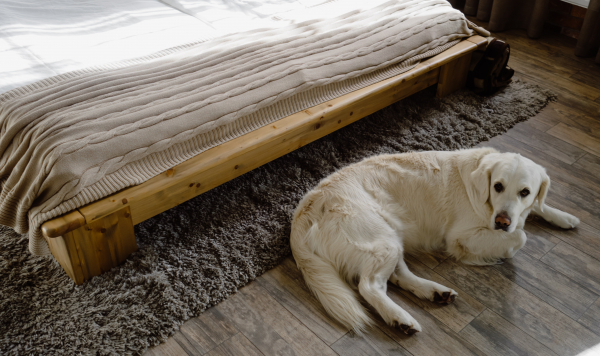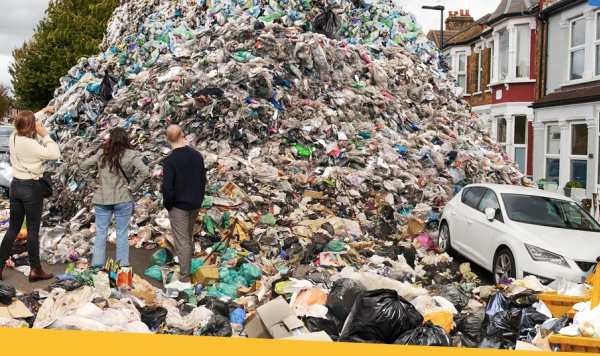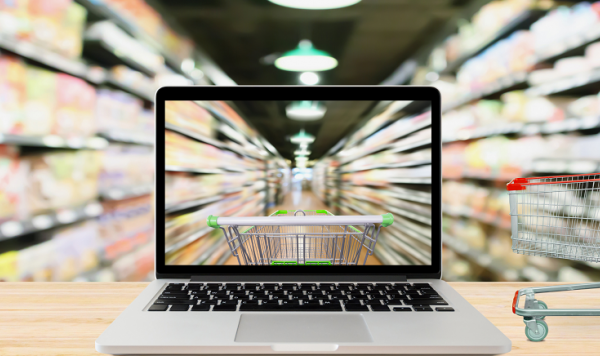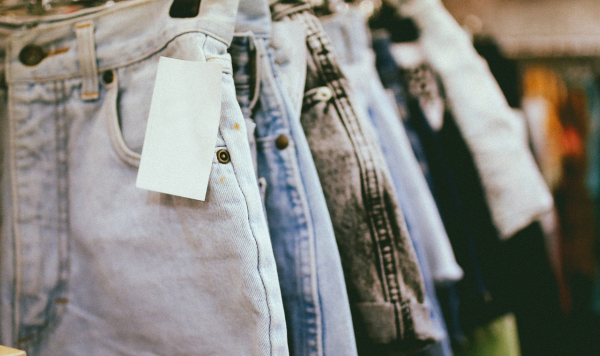All types of packaging require materials and energy to manufacture them. While most household packaging is recyclable, things like coffee cups, plastic film, cotton buds and wipes are hard to recycle so cannot go in the home recycling bin. What's more, every year, about 8 million tons of plastic waste escape into the oceans, threatening marine life and ecosystems. Choosing reusable alternatives to disposable ones can save money, support local businesses and reduce our environmental impact.
We have put together a list of suggestions so you can make a difference starting today.
Water bottle for life
This is a one-off investment that can save you hundreds in the long run. Also, you can help reduce the 7.7 billion plastic bottles which are bought across the UK each year. Just remember to carry it with you everywhere you go and fill it up in one of the many available refill stations.
Download the app Refill to find refill stations near you to fill your reusable water bottle for free.
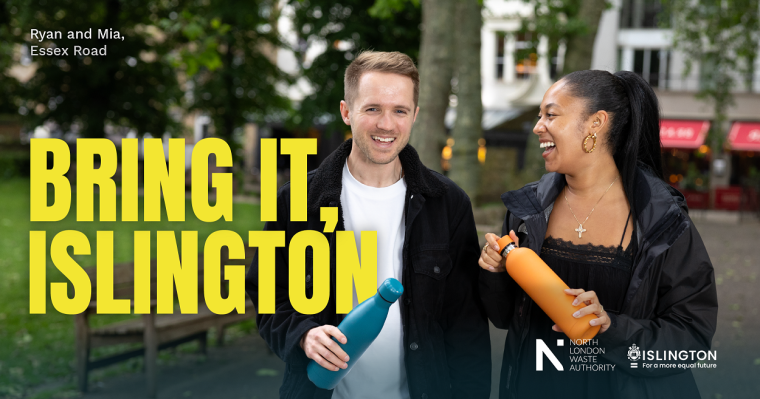
Check out our 'Bring It' campaign which we launched to encourage both residents and businesses to choose reusable items instead of single-use.
A brew on-the-go
You can make a big difference by taking a reusable coffee cup when going out for coffee even better (and cheaper!), brew some delicious coffee at home and pop it in a thermos when going out for a walk or coffee with a friend.
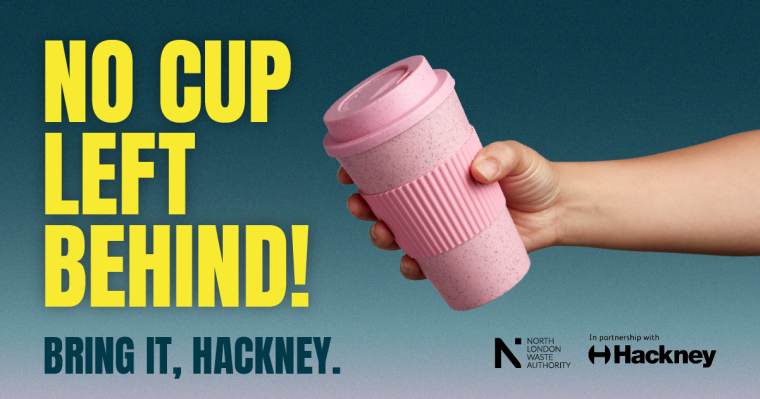
Many more shops, cafés and restaurants are happy to fill and refill your reusable food and drink containers than you might think. Look out for a window sticker showing that this business welcomes refills – but if there isn’t a sticker, all you have to do is ask!
Reduce packaging: choose refill
Refill shops are a great way to cut down on packaging. You can take your empty jars and bags to your closest refill shop and fill them with your home essentials. Supermarkets are slowly offering more packaging-free options but there is still a lot more to be done to reduce plastic waste.
If you want to be part of the solution, next time you go food shopping, try to buy fruit and veg loose and store in your own reusable bags. If you need to buy things that are packaged, try to choose recyclable options like paper, glass and cardboard.
In north London, there are many refill shops available . Find your nearest with this zero waste shop map By Useless.
Cloth kitchen towels
Paper towels are not very efficient and can be expensive in the long run; switching to reusable cloth rags is a much more eco-friendly option. Try using a cloth for cleaning instead of paper towels or wipes - you can even reuse old clothes and rags to make cleaning cloths.
Ditch the cling film
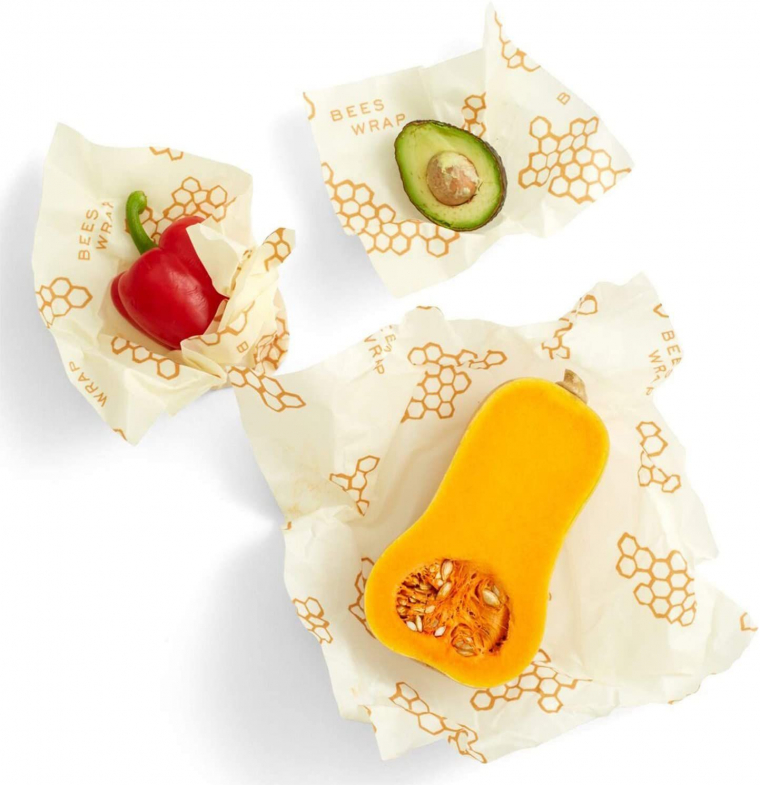
Now's the perfect time to switch from the disposable cling film or kitchen foil (don’t forget to recycle this if clean) to more environmentally friendly options:
- Beeswax wraps come in many shapes, sizes, and patterns, so there are plenty of fun designs to store your food in.
- Silicone storage pouches are a great way to take your lunch on the go. The perfect rectangular shape is leakproof and it will keep your food fresh for a long time.
- Silicon plastic wrap or lids are a very flexible material perfect for covering dishes and pans.
- Still not convinced? Check out this list of reusable alternatives to cling film.
Soap bars
Shampoo bars can help eliminate some plastic from your routine, and more often than not, bars are wrapped in recycled paper/card. Shampoo bars also usually outlast liquid shampoo by two or three bottles, meaning you get more squeaky-clean hair for less cash.
Follow these tips to make the most of your soap bar.
Menstrual products
Reusable period products come in all shapes and forms. They celebrate the variety in those who menstruate and make your monthly bleed a comfortable, less wasteful, experience.
You can find a lot more information on reusable period products on the Reduce, Reuse, Your Cycle website. The website has a wealth of knowledge on reusables, such as how-to videos and a comprehensive list of FAQs.
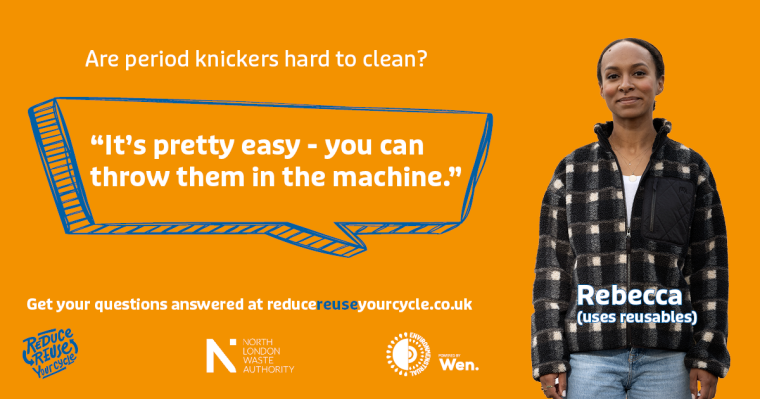
You’ll find a savings calculator tool where you can experiment with inputting the disposable period products you might use and it will demonstrate how much waste, carbon and money you could save by making the switch to reusables. This is also a great tool that could be shown in the classroom and played around with the pupils!
Reusable nappies
Switching to reusable nappies can save families up to £1,000 in the long term. In north London, parents and parents-to-be can try out reusable nappies for free. Find out more about our £70 reusable nappy voucher and apply for yours.
You can also learn what it's like to use reusable nappies. Check out our video below where north London parents share their experiences:
Face wipes made to last
Face wipes are a major problem for water companies but they are also highly unsustainable. Even biodegradable wipes or cotton wool are quite wasteful because they are single-use and then have to be thrown away in your general waste bin (please don't ever flush wipes).
A more sustainable solution is to use reusable cotton pads, which you can wash after every use. Even better, you can make some facial cotton pads out of an old cotton t-shirt yourself.


